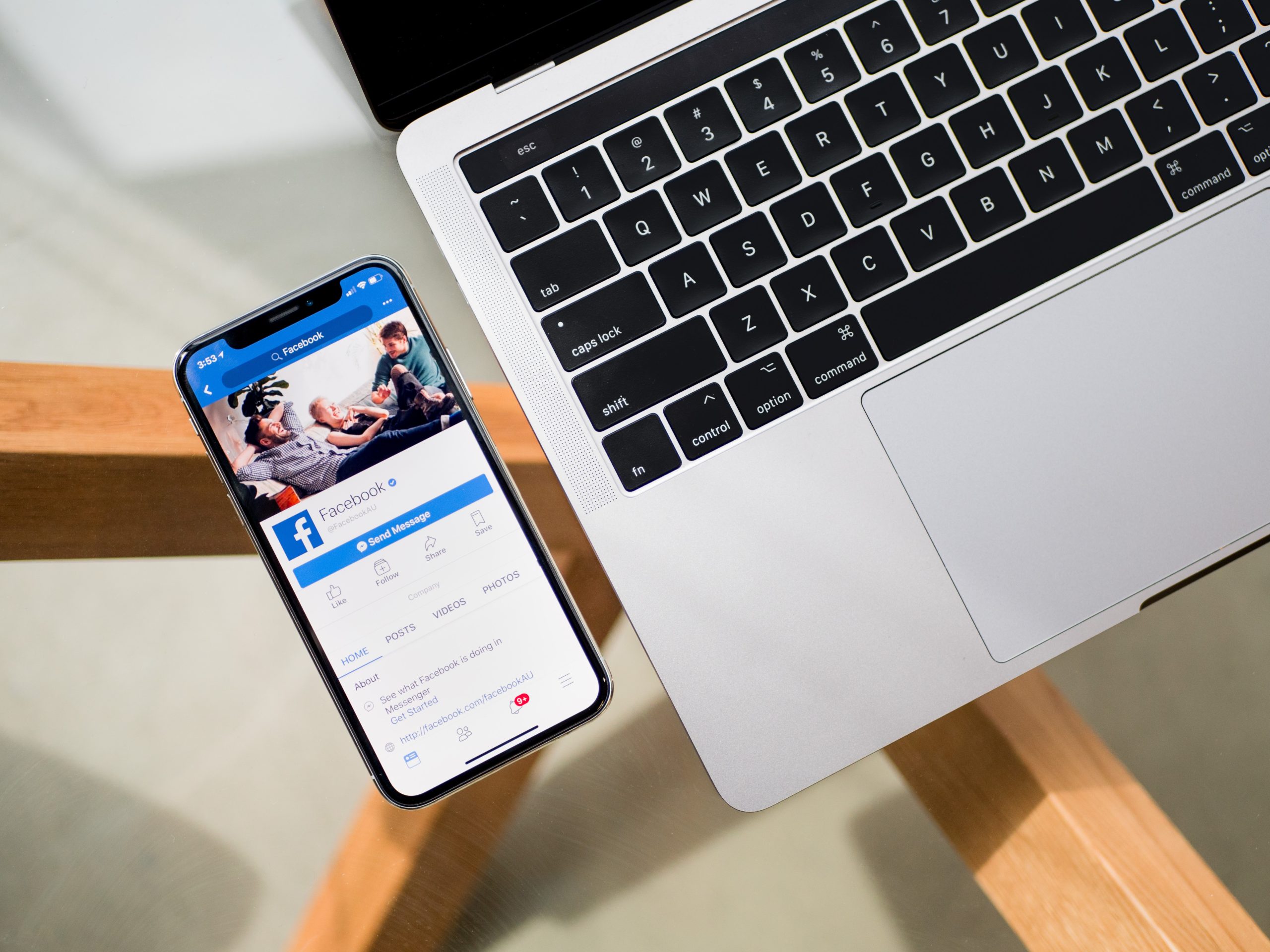Social media has become an integral part of our daily lives, providing us with endless opportunities to connect with others, share our thoughts and experiences, and consume information. However, there is growing concern about the impact of social media on our mental health. Studies have shown that excessive social media use can contribute to increased feelings of anxiety, depression, loneliness, and FOMO (fear of missing out). In this article, we will explore the latest research on the impact of social media on mental health.
Social Media and Mental Health: The Evidence
In recent years, a growing body of research has examined the link between social media use and mental health. Here are some of the key findings:
- Social media use is associated with increased feelings of anxiety and depression. A study published in the Journal of Social and Clinical Psychology found that using social media for just 30 minutes a day can increase feelings of anxiety and depression. Another study, published in the Journal of Adolescent Health, found that social media use is associated with increased rates of depression and suicidal ideation among adolescents.
- Social media can contribute to feelings of loneliness and isolation. A study published in the American Journal of Preventive Medicine found that using social media for more than two hours a day is associated with increased feelings of social isolation and loneliness. Another study, published in the Journal of Social and Personal Relationships, found that social media use can lead to decreased levels of intimacy in romantic relationships.
- Social media use can lead to FOMO (fear of missing out). A study published in the Journal of Computer-Mediated Communication found that social media use is associated with increased feelings of FOMO. This can lead to compulsive social media use, as people feel the need to constantly check their feeds to stay up-to-date with what others are doing.
How to Minimize the Negative Impact of Social Media on Mental Health
While social media can have a negative impact on mental health, there are steps that can be taken to minimize these effects. Here are some tips:
- Limit your social media use. Try to set limits on the amount of time you spend on social media each day. You may also want to consider taking a break from social media altogether.
- Be mindful of the content you consume. Try to be selective about the content you consume on social media. Unfollow accounts that make you feel bad about yourself or trigger negative emotions.
- Use social media to connect with others. While social media can contribute to feelings of loneliness and isolation, it can also be a valuable tool for connecting with others. Use social media to stay in touch with friends and family, or to join online communities that share your interests.
- Seek professional help if necessary. If you are experiencing significant mental health issues, such as anxiety or depression, it may be helpful to seek the support of a mental health professional.
Conclusion
Social media has become an integral part of our daily lives, but it can have a negative impact on mental health. The latest research has shown that excessive social media use can contribute to increased feelings of anxiety, depression, loneliness, and FOMO. While it’s not necessary to completely cut out social media, it’s important to be mindful of how it’s impacting your mental health and take steps to minimize any negative effects. By setting limits on your social media use, being mindful of the content you consume, using social media to connect with others, and seeking professional help if necessary, you can help protect your mental health in an increasingly connected world.




